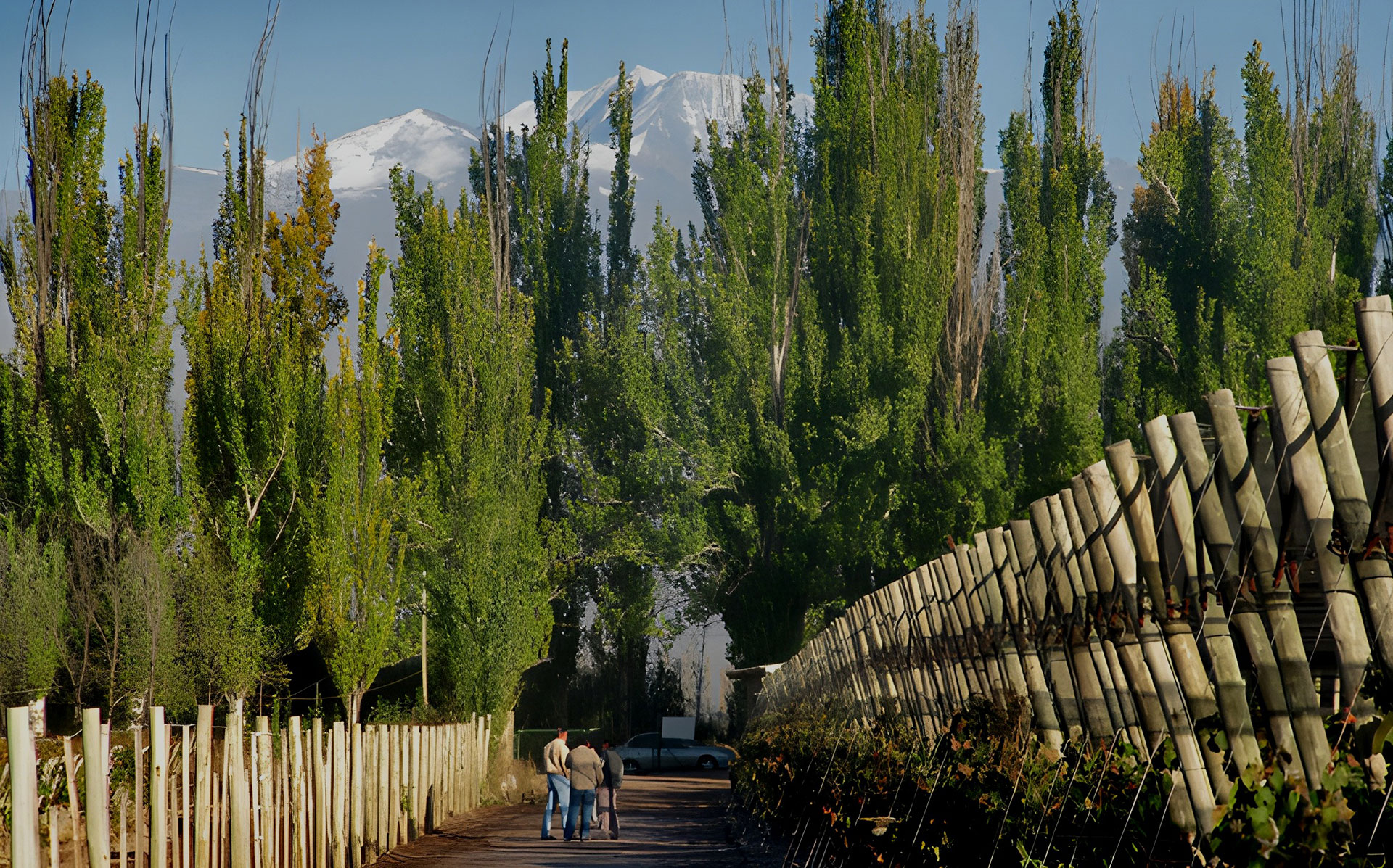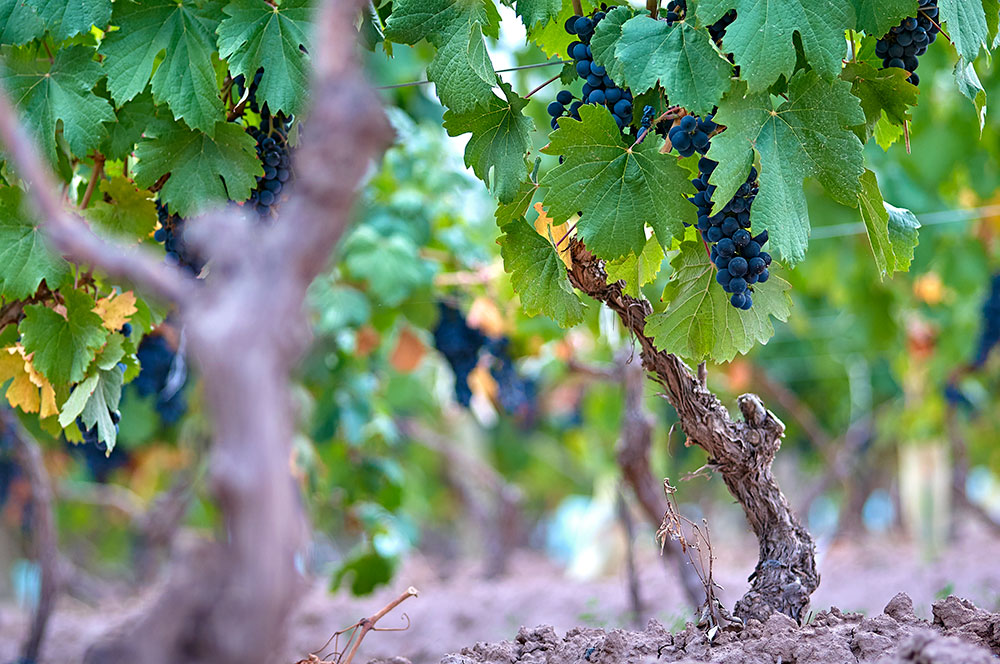
Nature’s Helping Hand
Nature gives us opportunities, often disguised as challenges.
With roots deeply established, and as high-quality producers, Versado elects to irrigate very sparingly in order to obtain the finest quality wine. (Matters of timing, volume, duration, location, dispersal, extent, and a host of other things make it much more complex than that – but the gist of it is that it is essentially under our control.)
A great benefit of our site specifically, is its location in an area where cool, clean meltwater from the high Andean glaciers can be provided to the vineyard. Much of Mendoza – famously – is “furrow irrigated,” but our vineyard’s high elevation and our location immediately below the region’s largest fresh mountain water supply, in Potrerillos, ensures a water channel that is still cool and clean. By contrast, irrigation waters that have flowed over countless hectares of farmland bring with them not only unwanted weed seeds but also the untold spray contaminants of dozens of conventional farms upstream. Particularly for Versado, as winegrowers are convinced of the qualitative benefits of organic farming, access to fresh, clean melt-water is a fortuitous blessing.
OUR VINEYARD

Age Matters
Vine age is an often sited critical element in the production of the finest and most ageable wines. Recognizing this long ago, the Argentine government implemented an excellent system to provide written certification of a vineyard planting’s age that is maintained by the grape and wine industry’s regulatory authority, the INV. The Versado vineyard was planted in 1920. At more than 100 years of age, the naturally reduced yields, and the increased intensity and complexity of flavours play a significant role in the final wine quality.
The Versado vineyard is planted entirely to Malbec – the signature grape of Argentina. Plantings of this era, in fact, helped established that reputation.
What further distinguishes our vines is the fact that each of them contains entirely European genetics. Like all vines grown in Europe prior to the devastating phylloxera epidemic of the mid-19th century, all of Versado’s vines grow “ungrafted” on their own roots. Because they are not grafted to the phylloxera-resistant rootstocks of native North American grapevines, as the vast majority of the world’s vines now are (more than 99%), our ancient Malbec vines potentially provide the purest expression of this classic grape variety.
Voice from the Vineyard
Sign up to receive periodic insider emails from Ann & Peter.


